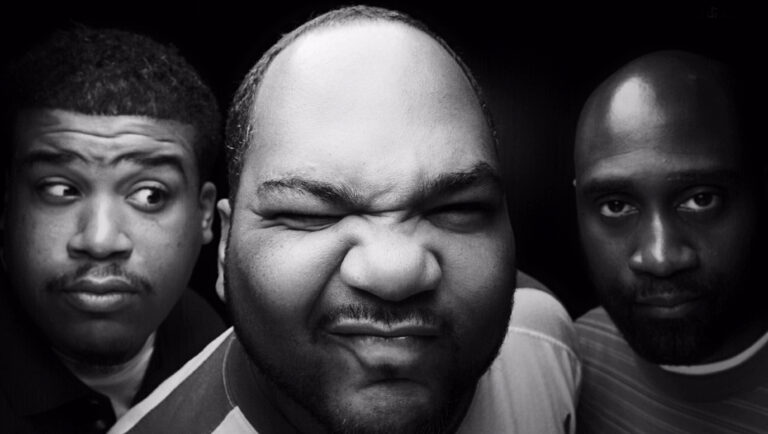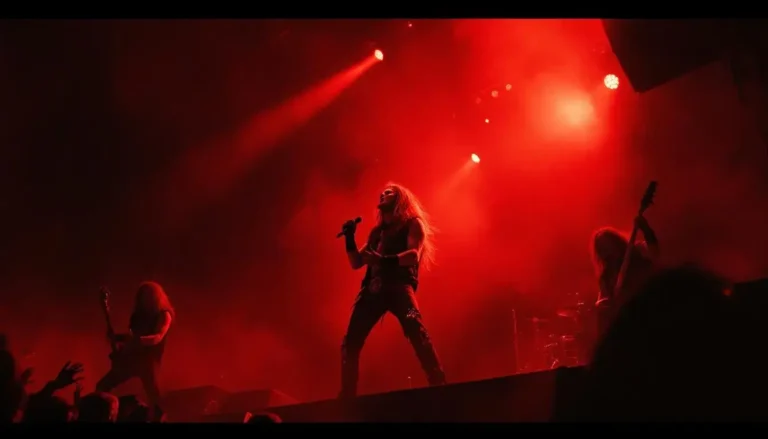Clipse Redefines Rap With Cold Precision on First Album in 16 Years
It’s not a nostalgia play or a splashy reunion chasing headlines. This feels like a shockwave thrown at a rap scene grown lazy. Virginia Beach’s Pusha T and No Malice reemerged with Let the Lord Sort ‘Em Out, firing on all cylinders. Every line lands like a targeted blow—sometimes a jab to the jaw, sometimes a gut punch, and yes, the occasional low blow.
In an era ruled by autoplay algorithms, TikTok challenges and disposable singles, Clipse returns with clear intent. This project lands crisp, unflinching and precise. I call it “Contemporary Adult Dope Boy Rap.” Few veteran acts show that age can sharpen streetwise storytelling. We’ve seen that in icons like JAY-Z when he stepped back and came forward on his own terms. Clipse quietly carved a lane: a fusion of hard-won experiences, blunt honesty and sly punchlines that never sound preachy or tired. These are two grown men schooling a generation half their age.
I must single out “Birds Don’t Sing,” which features John Legend and Voices of Fire. Legend’s tenor floats over a spare piano line, then a gospel choir layers in during the chorus, creating a haunting backdrop. The lyrics center on parental absence, inheritance and the bittersweet weight of loss. In rap, parents often get erased or portrayed as villains; this track forces grief front and center. It hit me hard—my father died young, and every verse felt like a reminder. A Billboard writer called it a weak point. Perhaps they missed Clipse’s wavelength. Emotional gravity can’t be measured. Some truths demand to be felt, not tallied.
Clipse’s power lies in the contrast between its members. Pusha T towers as the risk-taking frontman, balancing high-end rap and business maneuvers. No Malice walked away from drug rap into faith, becoming a preacher. On Let the Lord Sort ‘Em Out, he returns with fierce bars that remind fans why he once commanded respect. Many listeners say he outshines his brother on a few cuts. If that’s true, there’s no feud—just a display of sibling supremacy backed by mutual respect.
Too many comeback albums rely on gimmicks or endless guest lists. Clipse avoided that by letting absence build demand. Pharrell supplies his signature minimal beats—drums click, synths wail—giving space for features like Ab-Liva, Tyler, The Creator, Nas and Kendrick Lamar. Ab-Liva taps Clipse’s raw roots, Tyler adds dark humor, Nas brings veteran depth and Kendrick bursts in with urgent flows. Together, they orbit the album’s core, pushing it just under outer space—unpredictable yet cohesive. Perhaps OutKast will study this blueprint when they plan their next move.
The industry still measures success by chart positions and streaming tallies. Curators battle for playlist spots. Clipse ignored all that. Forget surface metrics—they chase resonance. Fans text lines on drives, break down verses on podcasts and drop meme clips across social feeds. Forums buzz with arguments over standout bars and lines that sting. Even casual listeners tuning for nostalgia can’t deny the craft on display. That genuine reaction is the only tally that matters here.
This record isn’t nostalgia. It charts new territory for veteran artists and for Black men unafraid to speak on regret, fatherhood and the burdens they carry. Let the Lord Sort ‘Em Out shows you can grow without losing rawness. Precision meets personal revelation, with a hint of petty competitiveness—a nod to rap’s sharp edge. Early experiments at “mature rap” stripped away grit in favor of polish. Clipse studiously avoided that mistake. Their approach feels both adult and unapologetic.
Clipse has drawn a blueprint for artists who won’t trade integrity for fleeting trends. Not the only path, but a test in lasting purpose. They recast what elder statesmanship means in a youth-obsessed genre. Their partnership—rooted in shared trials and trust—serves as a case study for duos and crews. Will other acts follow or chase ephemeral buzz? That remains to be seen. This album is living proof that true craft deepens with time and stands on authenticity, not borrowed hype.
The cultural stakes have shifted—Clipse threw down the gauntlet and made their position clear. This album doesn’t plead for respect; it demands it. For anyone paying attention, no safety nets or shortcuts lie ahead, just raw moves. That message hits like a warning shot to the rest of the game.
🎧 Never Miss a Drop
Exclusive product releases, hip-hop deep dives, and member-only discounts. Straight to your inbox.
Free forever. No spam. Unsubscribe anytime.

Get the Culture, Delivered
Deep dives into hip-hop history, exclusive product drops, and discounts sent straight to your inbox. No spam, just culture.
Join 2,000+ hip-hop heads already in the loop. Unsubscribe anytime.







